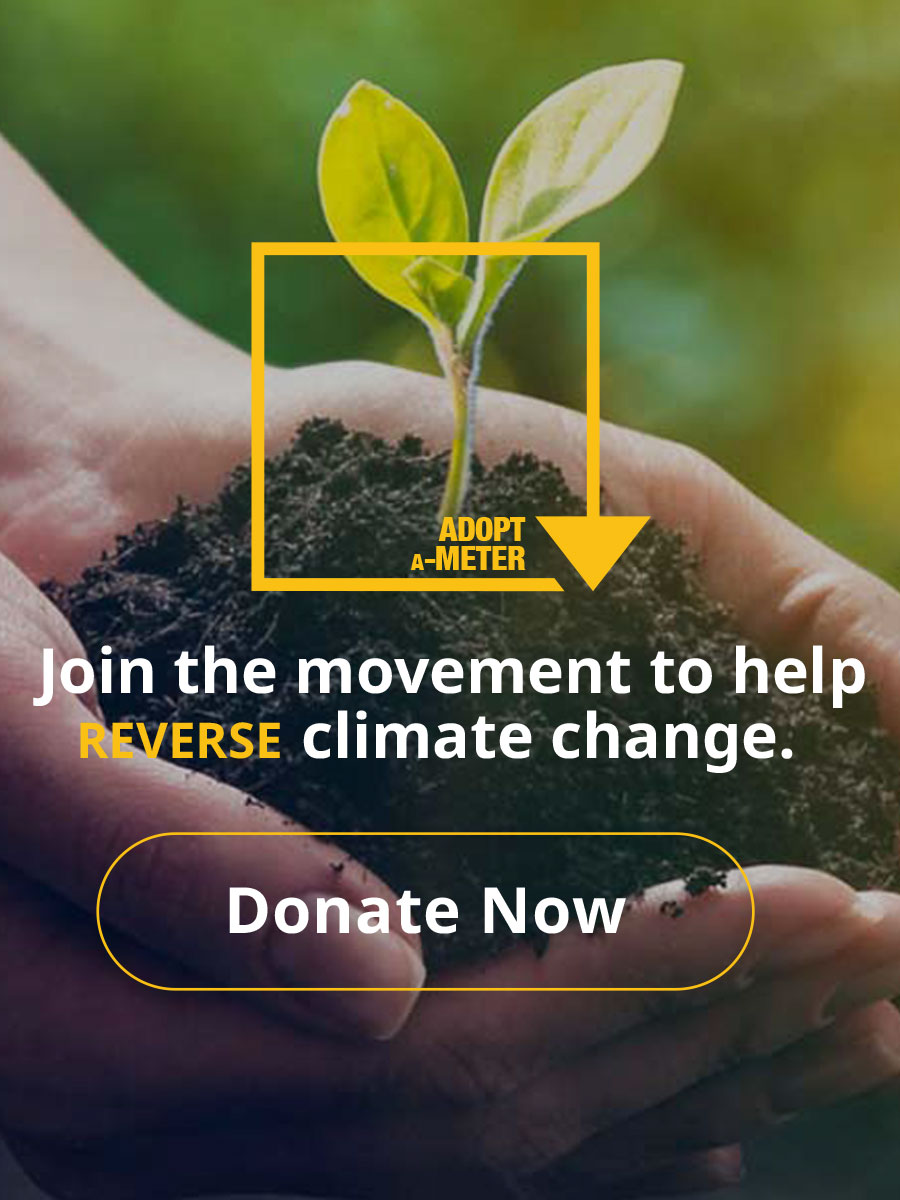Top Five Meat & Dairy Companies Emit More Carbon than Gasoline Giants
A study released on 18 July 2018 found that the world’s top five meat and dairy producers combined—Brazil’s JBS, New Zealand’s Fonterra, Dairy Farmers of America, Tyson Foods, and Cargill—emit more greenhouse gases than Exxon-Mobil, Shell, or BP. Here’s another way to look at it: If these meat and dairy companies continue to grow based on current projections, by 2050 they will be responsible for 81 percent of global emissions targets.
The report, released by the Institute for Agriculture and Trade Policy (IATP) and the international nonprofit GRAIN, bases its calculations on a method of accounting that includes the entire supply chain. Rather than stop at milk trucks and processing plants, the authors argue, a full account of emissions from meat and dairy should also include energy used in manufacturing fertilizer and growing the animals’ feed. These supply-chain emissions can account for 80 to 90 percent of the total energy it takes to put a bottle of milk on the shelf.
“It’s widely accepted that you can’t be a company operating in a sector where the products you’re selling are responsible for huge amounts of emissions without considering that the impact is part of your own,” says study author Devlin Kuyek. He compares meat companies that calculate emissions without including livestock feed to Exxon claiming it’s responsible only for its oil rigs and refineries, and not the greenhouses gases released into the atmosphere once its gas is burned.
According to the report, half of the top 35 meat and dairy companies don’t publicly release any emissions numbers, and the ones that do are all over the place. JBS, the largest livestock producer in the world, claims its calculations include the entire supply chain. But when the researchers checked the company’s numbers against a system established by the United Nations Food and Agriculture Organization (UNFAO), they found that JBS’s estimates came in at just 3 percent of the independent evaluation. Cargill and Tyson don’t include supply-chain emissions in their public reporting or reduction targets, and just six of the top 35 meat and dairy companies have publicly announced plans to reduce emissions along the supply chain.
Read the entire article by H. Claire Brown in The New Food Economy here.
